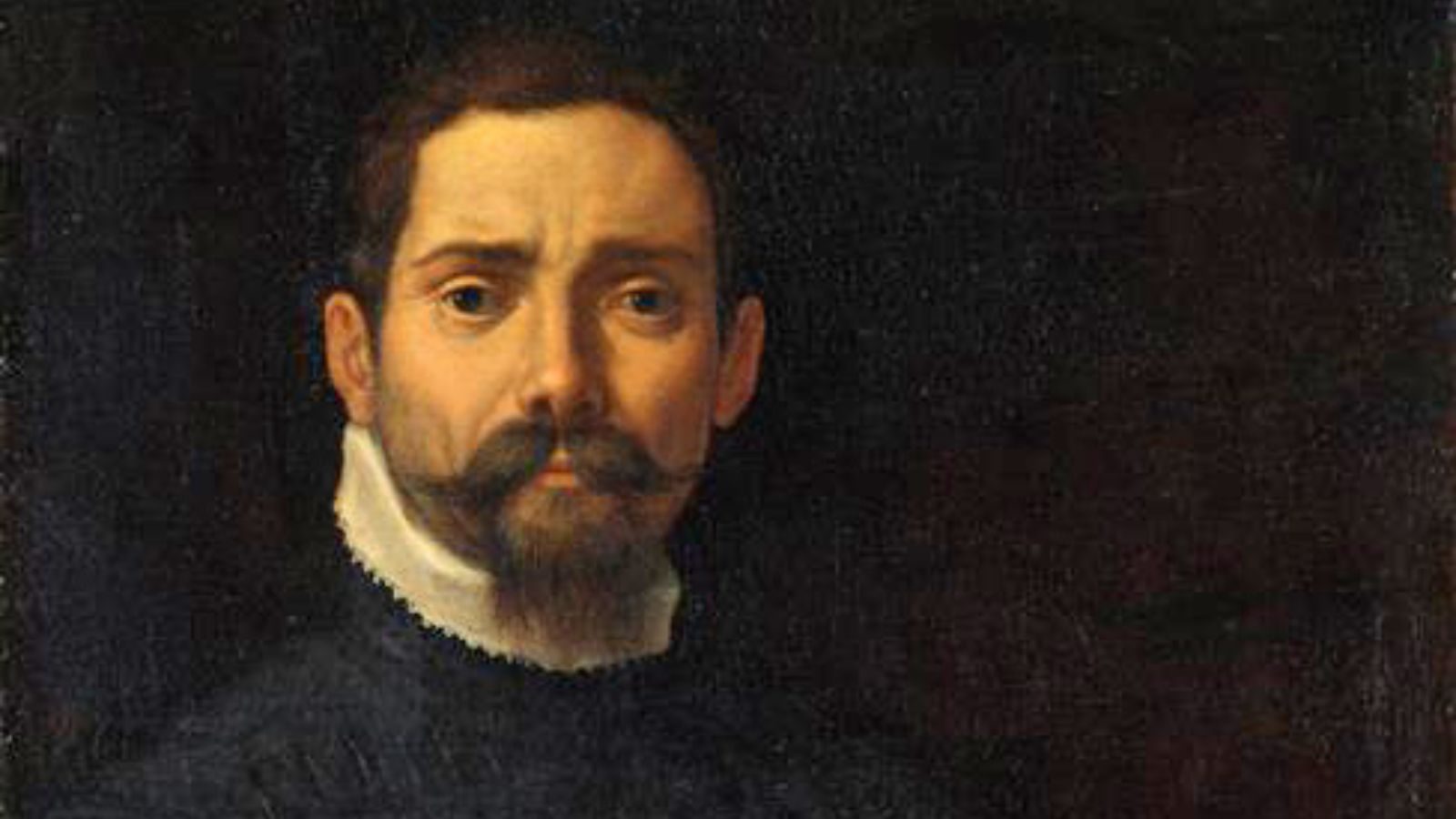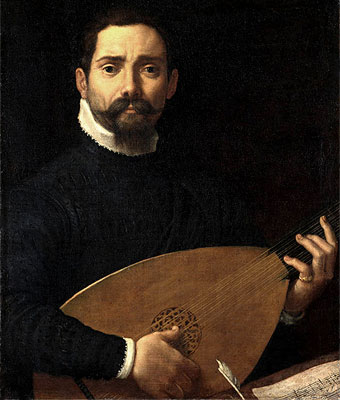Giovanni Gabrieli was a pivotal figure in the development of Renaissance music, particularly in the realm of polychoral compositions. Here are 10 fascinating facts about this influential composer:
- Birth and Early Life: Giovanni Gabrieli was born in Venice around 1554 or 1557, likely into a musical family. His uncle, Andrea Gabrieli, was a renowned composer and organist.
- Education: Giovanni Gabrieli studied with his uncle, Andrea Gabrieli, in Venice. He later traveled to Munich, Germany, where he studied with Orlando di Lasso, a highly respected composer of the late Renaissance period.
- Venetian Connections: Gabrieli spent most of his life in Venice, where he held prestigious positions at St. Mark’s Basilica. He served as the principal organist at St. Mark’s from 1585 until his death in 1612.
- Polychoral Innovations: Gabrieli was instrumental in popularizing the use of multiple choirs, spatially separated in the architecture of St. Mark’s Basilica. This innovation allowed for antiphonal effects, with different groups of singers or instrumentalists responding to each other across the space of the church.
- Sacred and Secular Works: Gabrieli composed a wide range of music, including sacred vocal and instrumental works for the church, as well as secular pieces for ceremonial events and entertainment.
- Instrumental Compositions: Alongside his vocal compositions, Gabrieli wrote numerous instrumental works, including canzonas, sonatas, and ricercars. These compositions often featured elaborate counterpoint and virtuosic writing for brass instruments.
- Printed Collections: Gabrieli’s music was widely disseminated during his lifetime through printed collections. One of his most famous publications is the “Sacrae symphoniae,” a collection of motets and instrumental pieces published in 1597.
- Influence on Baroque Music: Gabrieli’s innovative use of multiple choirs and instrumental groups had a profound influence on later composers, particularly those of the Baroque era. His works laid the groundwork for the grand choral and orchestral compositions of composers like J.S. Bach and Handel.
- Legacy: Gabrieli’s music continued to be performed and admired long after his death. His compositions were highly regarded by later generations of musicians, and his style remained influential well into the Baroque period.
- Historical Significance: Giovanni Gabrieli played a crucial role in the transition from the Renaissance to the Baroque period in music. His innovative techniques and richly expressive compositions helped shape the course of Western classical music history.


Comments are closed